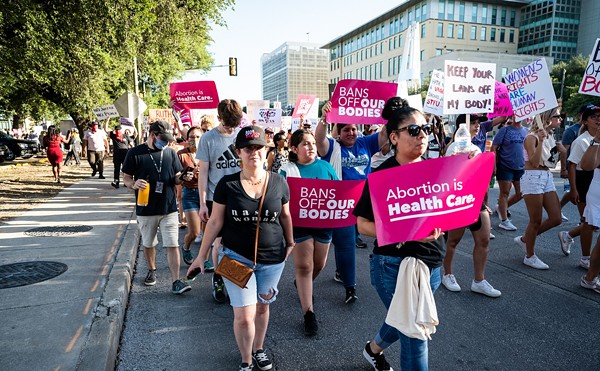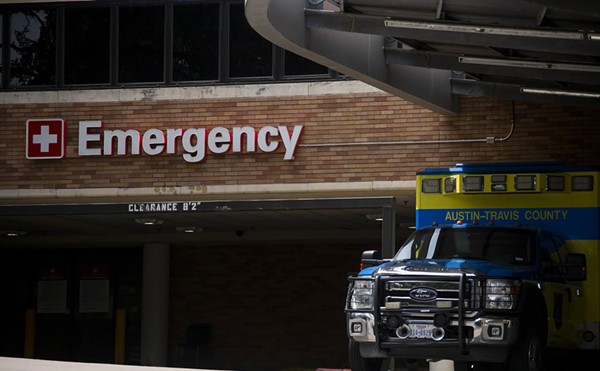In San Antonio, Texas, people hoping to get Social Security disability payments could see their cases assigned to any of 17 judges. The luck of this draw matters a lot. One of the judges grants benefits in just 14 percent of cases. Another judge hands over benefits—which range from about $700 per month to about twice that—92 percent of the time.
That 78 percent disparity rate makes San Antonio the second most lottery-like system in the Social Security Administration’s archipelago of hearing offices, according to a data analysis by the Transactional Records Access Clearinghouse, a non-profit research organization housed at Syracuse University. (Dallas is number one, with 83 percent disparity).
“To a surprising extent the records on disability decisions show again and again that even within the individual offices there is not a clear consensus among the judges about which claims should be awarded versus which should be denied,” the authors of the report , David Burnham and Sue Long, write. “The problem today is somewhat worse than it was four and a half years ago.”
The report examines the more than 1.1 million decisions by 1,422 administrative law judges who had each decided 100 or more disability appeals during the last 18 months. The judges decide appeals of people rejected for Supplemental Security Income (SSI), a program for poor people with little or no work history, and Social Security Disability Insurance (SSDI), a different program that pays people who have worked and paid into the system. Both programs use the same criteria to determine whether a person is sufficiently disabled to qualify for benefits. TRAC assumes that, in any given hearing office, any batch of at least 100 cases will have an equivalent number of legitimate appeals.
For three decades SSI and SSDI outlays have been growing as more and more people claim disabilities prevent them from doing remunerative work. The disability system has spawned a burgeoning legal subspecialty dedicated to getting people their benefits, but recipients still often remain impoverished.
The current TRAC study is the second of two parts; part one examined the size of the queue waiting for benefits, drawing a scathing denunciation from Social Security Commissioner Michael J. Astrue.
(In a press release, the Social Security Administration calls Part Two of TRAC’s report “more unsupportable grandstanding masquerading as academic research.”)
Critics of the disability benefits system attack from both sides. Advocates for the beneficiaries decry the long waits and seemingly random decisions, while fiscal conservatives see a large, little-examined giveaway program for people who game the system. The Social Security Administration appears whip-sawed between these critics.
In Baltimore, one judge, Charles Stark, granted benefits in 94 percent of cases, while the toughest judge, William Underwood, granted benefits in only 48 percent of cases. The 45 percent disparity rate ranked Baltimore 62nd out of 155 offices.
Judge Stark ranked 37th among those showing high grant rates. San Antonio’s Judge William Herbert, at just under 92 percent, was 62nd. Detroit’s most generous administrative law judge, Mary Connolly, granted benefits in 84 percent of cases, making her 212th among judges and very much on par with the most generous judge at Baltimore’s National Hearings Center, in Reisterstown, Vivian Mittleman, who granted benefits 83.6 percent of the time. The national office showed a disparity rate of 33.4 percent, ranking it number 111 in the survey—in the bottom third of the disparity ratios recorded.
Sue Long, the statistician and professor at Syracuse University’s Whitman School of Management who analyzed the data, says an administrative law judge who requested anonymity told her that the push for production has led to higher grant rates. “I was told that to grant disability takes less time than to deny it,” Long says. “They have these report drafters, they are given eight hours to draft [a denial] and four hours to draft” [an approval]. — Edward Ericson Jr.


















